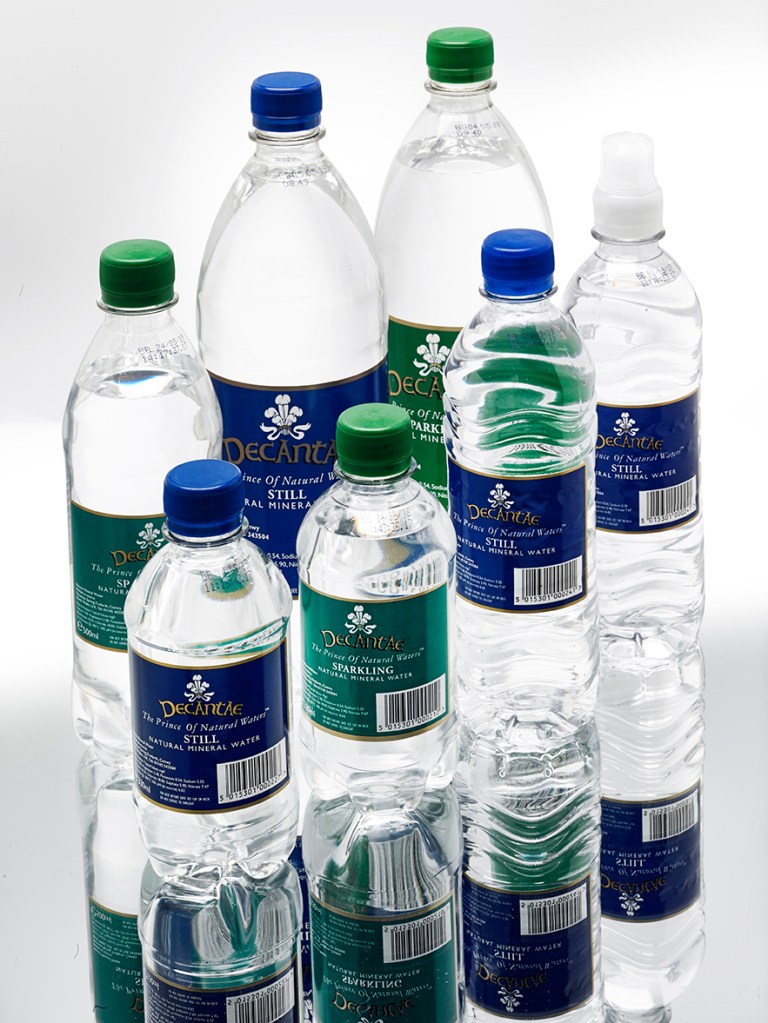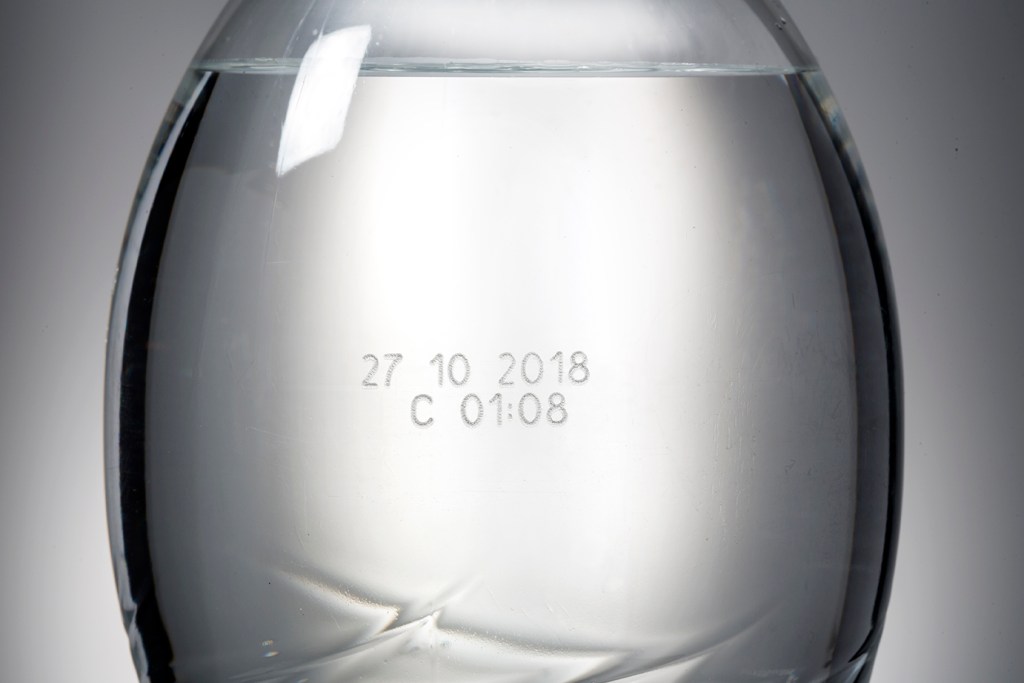The UK bottle deposit scheme – what does it mean for manufacturers?

On the 28th March 2018, the UK government gave the green light to the bottle Deposit Return Scheme (DRS). Similar schemes have been rolled out in 38 countries including Sweden, Germany and Norway, where 95% of plastic bottles have been recycled since the scheme was introduced in 1999.
With a consultation planned for later this year, it is unclear just how the scheme will work. We’re yet to find out whether manufacturers will be responsible for covering the costs of the rollout (an estimated £1bn). And whether brands will be forced to pay a premium for using rPET for their bottles, or penalised if they don’t.
Here is what we know so far. We will take a more comprehensive look later in the year when details of the scheme have been finalised.
Will manufacturers have to cover the cost?
The new DRS for England is subject to a consultation later this year. Scotland has already announced its own similar scheme, and Wales is starting to investigate one too. It is clear that governments are taking litter pollution seriously, but it is not yet clear who will pay for the scheme in practice.
Currently, the approach is to install ‘reverse vending machines’ in retailers nationwide. These bottle return containers will allow customers to return bottles to any retailer, irrespective of where they bought them, in return for payment. Consumers will pay between 8p and 22p more for their drink in a plastic bottle, and returning the bottle will see this refunded. But, again, these plans are yet to be ironed out.
The government says it will:
“Only take forward options from the consultation which demonstrate that they offer clear benefits and are resistant to fraud, and costs on businesses, consumers and the taxpayer are proportionate”.
This suggests that manufacturers alone will not be expected to pay for the rollout of the scheme. That is not to say that brands will be unaffected, they will have to adjust their pricing to cover the bottle refunds.

Adapting to the changing properties of plastics bottles
Currently, just 43% of the 13bn plastic bottles sold each year in the UK are recycled and 700,000 are littered every day. As well as aiming to eliminate litter, the scheme plans to drastically improve plastic recycling.
In addition to this, MPs are making demands on the levels of recycled plastic that goes into our bottles. There is pressure on the government to legislate that plastic bottles are to contain a minimum of 50% recycled plastic by 2023 at the latest.
Part recycled, or rPET bottles are set to bring challenges of their own. UK supermarket, Co-op, has just launched new water bottles made from 50% recycled materials with a noticeably different appearance. The previously clear, colourless bottles are now slightly grey and cloudy. It is apparent that the changing composition of plastics is going to bring about new challenges for manufacturers.
Can your coder keep up?
The DRS is also set to challenge manufacturers’ working practices. The cost of recycled PET pellets is rising, but beyond affecting the cost of production, switching to recycled plastics will mean manufacturers will have to consider how their production lines perform, including the performance of their coding machines.
Recycled plastics have different properties to PE, HDPE or PET, so manufacturers will need to consider how their coding machine prints on their new choice of packaging material.
The challenge will be to find a coding solution that works across production environments including where water is present, as this can affect the adherence of inks. Continuous Ink Jet (CIJ) is a non-contact printing technology able to print onto almost any substrate and could be the ideal solution. At Linx, our CIJ coders can print in any orientation, and specialist inks are available which can adhere to a range of plastics, as well as onto damp bottles. Alternatively, laser coders are a permanent solution and are ideal for high line speeds.
If you would like to test the suitability of CIJ or laser coding onto your plastic bottles, then get in touch and ask for our Sample Marking Service.
